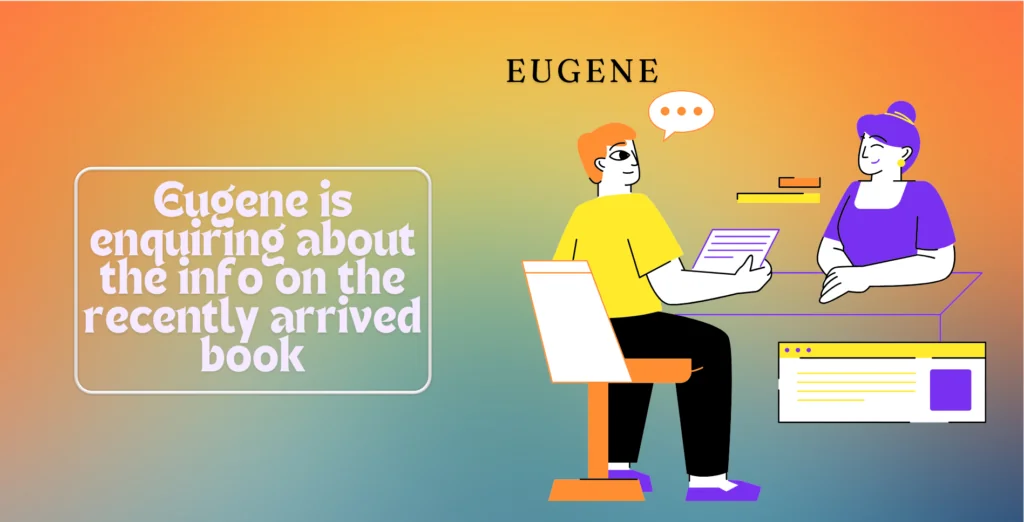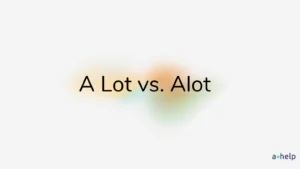Sometimes when you need to request something, you need to use one of the following two words: either inquiry or enquiry. In most cases, you will be in the clear from making a grammatical mistake no matter which of these you choose. Nonetheless, there’s a slight difference, which depends on the context. You see, inquiry is mostly used for formal requests, while enquiry can be applied basically to any type of requisition.

✅ AI Essay Writer ✅ AI Detector ✅ Plagchecker ✅ Paraphraser
✅ Summarizer ✅ Citation Generator
The Major Difference of Inquiry vs Enquiry
The first thing you need to know is that this conundrum (if we can call it that) between inquiry and enquiry is mostly a thing in British English. We will dig into the differences of use cases in various English dialects further in our article, so just keep this note in mind when reading our explanations of the two terms.
“Inquiry” typically is the go-to for formal or official situations—it’s the word you’d use when something serious needs investigating, like a congressional inquiry into financial irregularities or a detailed investigation by the police
On the other hand, “enquiry” has a lighter, more everyday feel, suitable for when you’re just looking for information, such as asking about the opening hours of a library or the menu at a restaurant.
While in American English, “inquiry” can flexibly cover both formal and informal contexts, in British English, the distinction is sharper, with “enquiry” reserving its place for casual questions. So next time you need to find out something, think about the depth of the answer you’re seeking—it could help you decide whether it’s an inquiry or an enquiry you need to make.
When Can You Use Inquiry

The term “inquiry” is most aptly used when delving into formal or detailed questions, where a deeper level of investigation or understanding is required.
Here are a few examples:
- In a corporate setting, a financial analyst might announce, “We are initiating an inquiry into the quarterly financial discrepancies noted in the report.”
Here, inquiry” suggests a systematic, detailed examination. - In a more public context, a government body might state, “A public inquiry will be held to investigate the impact of the proposed legislation on local businesses.”
This use highlights “inquiry” in the sense of a formal investigation, often open to public participation and scrutiny. - When used in the educational or academic contexts, “inquiry” also fits seamlessly when referencing specific research or exploration, as in: “The academic inquiry into ancient civilizations has yielded fascinating insights.”
When Should You Opt for Enquiry Instead

Choosing to use “enquiry” instead of “inquiry” often depends heavily on your audience and the formality of the context, particularly in British English. “Enquiry” is the perfect fit for everyday questions and situations where a simple, general information request is being made. You will notice such usage being most prevalent in casual conversations, customer service interactions, and when seeking personal inquiries that do not need any deep investigation.
Look at the few examples:
- Suppose you’re visiting a new city and stop by a tourist information center, you might say, “I’d like to make an enquiry about the best walking tours available.”
As it is a straightforward request made in a personal communication, using “enquiry” makes perfect sense. - Similarly, in a retail setting, a customer might approach the service desk and mention, “I have an enquiry about the return policy for items purchased online.”
- This word can also be used in an educational setting (despite its usual formality). It will fit well if you are asking about course details or university services. A typical scenario could be, “I need to submit an enquiry about the deadline for scholarship applications.”
Therefore, “enquiry” is a term that invites a lighter, less formal interaction, making it ideal for everyday use in situations where you’re simply seeking answers or need to clarify something without involving formal processes.
Enquiry vs Inquiry in US, UK, and AU English
It’s no secret that in various English dialects, the same words can be used differently. That’s exactly the case with the inquiry-vs-enquiry situation.
In the US, “inquiry” is your go-to for just about any question, formal or casual. So no worries about being wrong here – you can use it anytime, anywhere.
Across the pond in the UK, they like to mix it up a bit. “Inquiry” is saved for formal stuff, like official investigations or deep research into a subject (as we discussed earlier). For everyday questions, like asking about the next bus or if a hat looks good on you, Brits go with “enquiry.”
Down under in Australia, they follow the UK’s lead but with a twist. While Aussies use “enquiry” for casual questions and “inquiry” for the formal request, you might hear “inquiry” used more broadly, thanks to American TV shows and books.

So, when you’re using English, picking the right word can really show off your language skills and help you blend in with the locals, whether you’re asking for directions or diving into research!
Practice Exercises
FAQ
Follow us on Reddit for more insights and updates.





Comments (0)
Welcome to A*Help comments!
We’re all about debate and discussion at A*Help.
We value the diverse opinions of users, so you may find points of view that you don’t agree with. And that’s cool. However, there are certain things we’re not OK with: attempts to manipulate our data in any way, for example, or the posting of discriminative, offensive, hateful, or disparaging material.